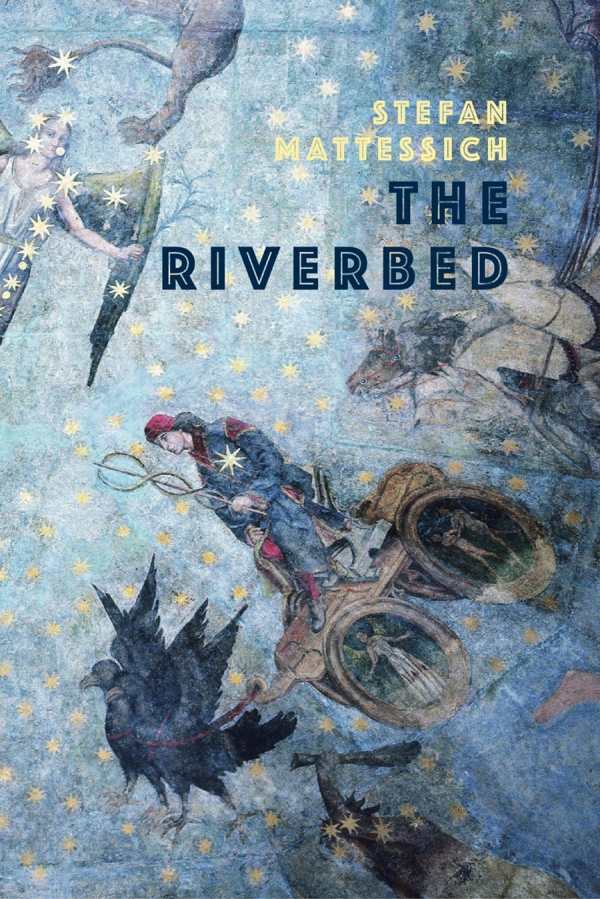The Riverbed
In Stefan Mattessich’s fantastical novel The Riverbed, an isolated teenager encounters a troubled friend’s fantasy world and learns to accept his own strangeness.
After a move to Orange, California, Fox is feeling solitary, knowing that he and his single mother, Sylvie, never stay in one place for long. But then Fox meets and befriends Axel, a loner who reads fantasy novels. And at the boys’ opposite are Christian believers—Axel’s parents, his pastor, and aggressive Holy Jim—who are too attached to relics of the past, like “righteous manhood.”
After Axel is involved in a serious car accident, he becomes obsessed with angels, detaches from the real world, and refers to himself as his alter ego, Axalax. Fox struggles to follow along. Then Axel runs away from his smothering family to live in the forest. In his attempt to rescue Axel from himself, Fox discovers that his own sense of meaning is tied up in seeing the misfit part of himself. His sense of care for the people he knows also increases; he finds new value in helping other people.
Fascinating because of its gradual melding of reality with fantasy, the book suggests a post-Christian world in which Western morals that were valorized in the past are no longer as relevant. The parallel between an opening description of the history of Santa Ana (a place stolen from Native Americans by settlers who have no connection to the land or to other people) and Axel’s aimlessness in the face of alienation holds attention.
In the allegorical novel The Riverbed, two friends set adrift learn to accept what makes them unique.
Reviewed by
Natalie Marino
Disclosure: This article is not an endorsement, but a review. The publisher of this book provided free copies of the book to have their book reviewed by a professional reviewer. No fee was paid by the publisher for this review. Foreword Reviews only recommends books that we love. Foreword Magazine, Inc. is disclosing this in accordance with the Federal Trade Commission’s 16 CFR, Part 255.

